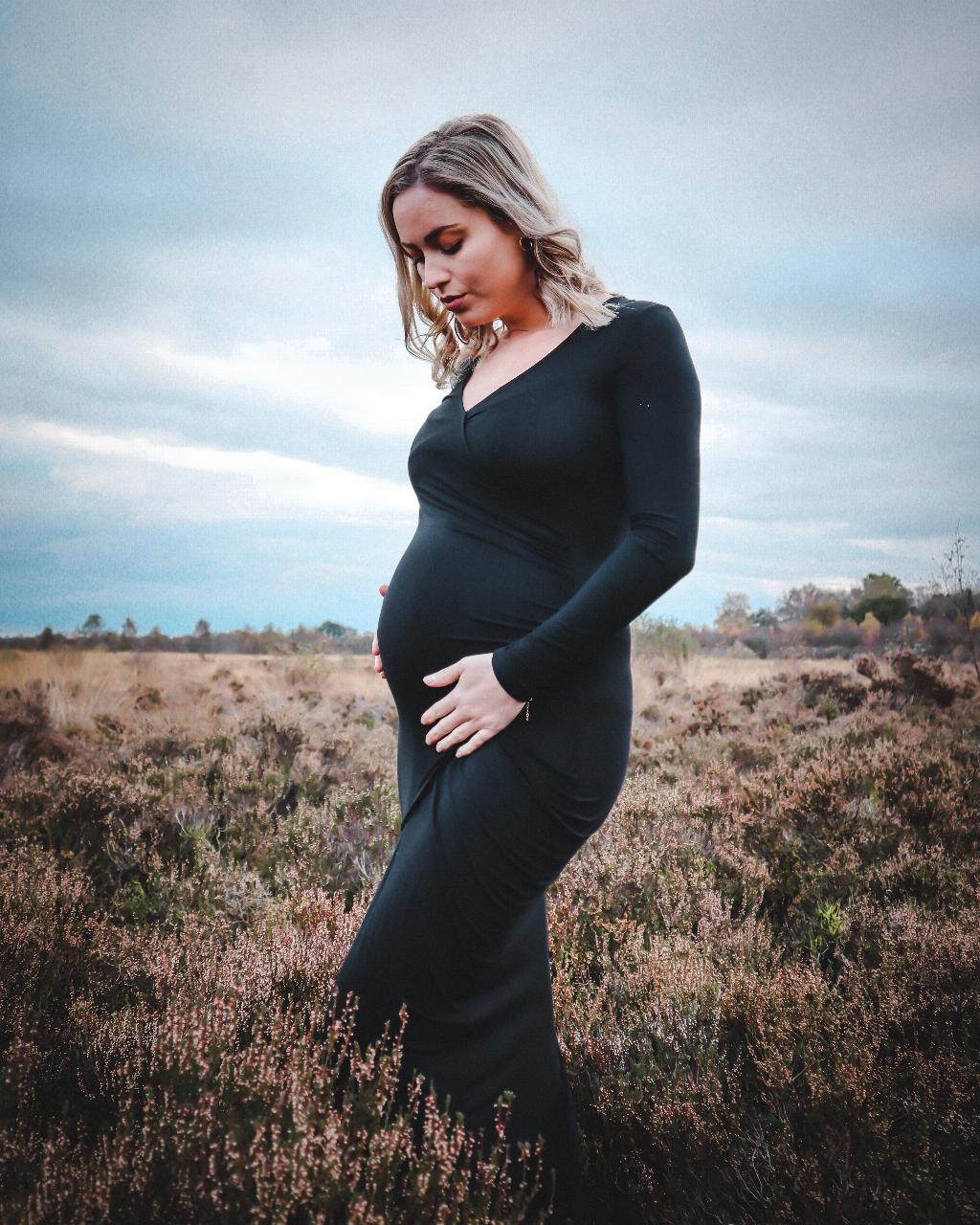As expecting parents, the health and well-being of your newborn is undoubtedly a top priority. With the guidance of the Centers for Disease Control and Prevention (CDC), the recommendation to receive the RSVpreF (Abrysvo) vaccine while pregnant has sparked discussions and questions among many. Developed by Pfizer, this maternal RSV vaccine brings to light the critical role it plays in safeguarding infants against RSV, a common respiratory virus that can lead to severe complications in newborns.
Risks and Benefits of the RSV Vaccine for Pregnant Individuals
When weighing the decision to get the RSV vaccine during pregnancy, it is essential to consider both the risks and benefits associated with this preventive measure. While any medical intervention comes with potential risks, the benefits of protecting your baby against RSV can outweigh these risks, especially considering the vulnerabilities of newborns to respiratory infections.
Timing and Administration of the RSV Vaccine
The CDC recommends administering the RSV vaccine during the third trimester of pregnancy, typically between 32 to 36 weeks gestation. By receiving the vaccine during this window, pregnant individuals can generate protective antibodies that will be passed on to their babies, offering them a level of defense against RSV during their early months of life.
Efficacy of the RSV Vaccine in Preventing Transmission
Studies have shown that the RSV vaccine has been effective in reducing the transmission of RSV from mother to child, providing a layer of protection that can be crucial in preventing serious respiratory illnesses in infants. By bolstering the immune response in pregnant individuals, the vaccine works to create a shield of immunity for both the mother and the newborn.
Consulting Healthcare Providers for Personalized Recommendations
While the recommendation for the RSV vaccine during pregnancy is clear, it is always advisable to consult with your healthcare provider to receive personalized guidance based on your individual health status and medical history. Your healthcare provider can address any specific concerns or questions you may have regarding the vaccine, ensuring that you make an informed decision that aligns with your unique circumstances.
Ensuring Comprehensive Protection for Your Newborn
By opting to receive the RSV vaccine during pregnancy, you are taking proactive steps to provide comprehensive protection for your newborn against respiratory infections like RSV. This preventive measure not only safeguards the health of your baby but also contributes to creating a safe and nurturing environment for their early development.
Community Immunity and Herd Protection
Participating in vaccination efforts, such as receiving the RSV vaccine during pregnancy, contributes to the concept of community immunity, also known as herd protection. By bolstering immunity within the community, you are not only protecting your own child but also helping to shield other vulnerable individuals who may be at risk of severe complications from RSV.
Addressing Common Myths and Misconceptions About the RSV Vaccine
It is not uncommon for various myths and misconceptions to circulate around vaccines, including the RSV vaccine. Separating fact from fiction and relying on credible sources of information can help dispel any unfounded concerns and empower you to make an informed decision regarding the vaccination of yourself and your baby.
Monitoring and Reporting Any Adverse Reactions or Side Effects
As with any medical intervention, it is crucial to be vigilant about monitoring for any potential adverse reactions or side effects following the administration of the RSV vaccine. By promptly reporting any unusual symptoms to your healthcare provider, you can ensure timely intervention and appropriate medical management to address any unexpected reactions.
Supporting Research and Advancements in Maternal and Child Health
Participating in initiatives such as receiving the RSV vaccine during pregnancy not only benefits your own family but also contributes to supporting ongoing research and advancements in maternal and child health. By being proactive in safeguarding the health of pregnant individuals and newborns, you become a vital part of the broader effort to promote the well-being of future generations.
Empowering Informed Decision-Making for Expecting Parents
Ultimately, the decision to get the RSV vaccine while pregnant is a deeply personal one that requires careful consideration and access to reliable information. By empowering yourself with knowledge, engaging in open conversations with healthcare providers, and weighing the risks and benefits thoughtfully, you can make a confident and informed choice that aligns with your commitment to protecting the health of your family.
Conclusion: Nurturing Health and Well-Being Through the RSV Vaccine
In conclusion, the decision to receive the RSV vaccine during pregnancy carries significant implications for the health and well-being of both the pregnant individual and their newborn. By understanding the importance of this preventive measure, consulting with healthcare providers, and addressing any concerns through informed decision-making, expecting parents can take proactive steps towards nurturing a safe and healthy environment for their growing family.

